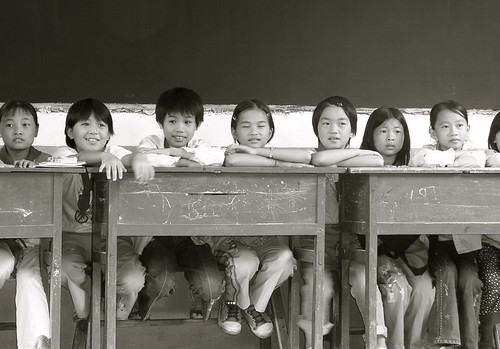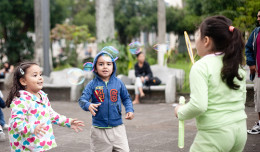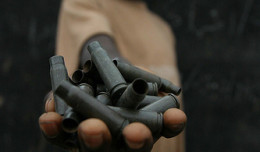 China’s Ministry of Education (MOE) has recently announced a major educational reform in assessing the quality of primary and secondary education. The objective of the reform is to diminish the current emphasis on standardized testing in evaluating school quality and to include comprehensive measures of student engagement, boredom, anxiety, and happiness. It is also expected to reduce the amount of schoolwork given to students.
China’s Ministry of Education (MOE) has recently announced a major educational reform in assessing the quality of primary and secondary education. The objective of the reform is to diminish the current emphasis on standardized testing in evaluating school quality and to include comprehensive measures of student engagement, boredom, anxiety, and happiness. It is also expected to reduce the amount of schoolwork given to students.
The director of the ministry’s Department of Basic Education II, Zheng Fuzhi, expressed hope for changing the rigid and stereotypical testing in which scores and rates are the primary means of admission. The description of the proposed comprehensive evaluation system disclosed on June 19 encompasses five categories and 20 criteria. The categories are divided into moral development, academic development, mental and physical health, development of interest and specialties, and workload.
The new system is an extension of the pilot educational reform launched by the Shanghai municipal government two years ago. It also stems from the Program for International Student Assessment (PISA), which measure mathematics, reading, and science literacy of 15-year-old students.
Regarding the current evaluation system, the Ministry said that the obsession with test scores “severely hamper student development as a whole person, stunt their healthy growth, and limit opportunities to cultivate social responsibilities, creative spirit, and practical abilities in students.”
The current system is heavily focused on high test scores, the only gateways to prestigious colleges. This promotes teachers to teach exam-oriented curricula, since the rate of admission to good colleges dictates teachers’ salary and promotion. However, sample tests and questionnaires have proven that the alleged top schools in the nation are incapable of securing happiness for students. The new system will focus on the value of ‘progress’ as opposed to the current system’s emphasis on ‘results’.
The reform has many pitfalls to avoid. Most importantly, the new assessment will have to draw on scientific means and quantitative analyses. Without complementary alterations of curricula and the current college entrance examination, the reform will be difficult to be implemented.
Creative Commons Love: Chris Suderman on Flickr.com
















